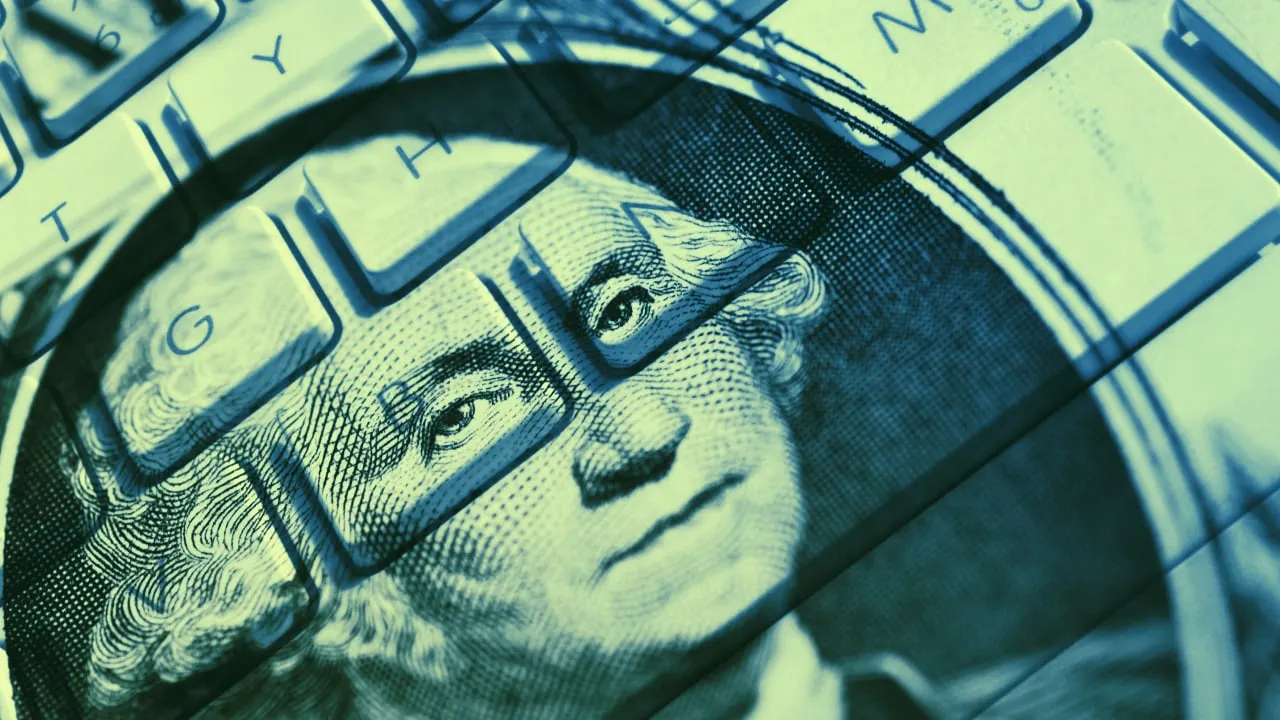In brief
- A US congressional committee hearing reviewed the idea to have the Federal Reserve provide bank accounts to underbanked Americans.
- Multiple proposals have been introduced in the wake of the COVID-19 pandemic to speed up delivery of stimulus money, including a digital dollar.
- The ‘FEDAccounts’ would use US post offices as branches for areas with few other options.
How can digital tools be used to improve the delivery of federal stimulus payments related to the COVID-19 pandemic?
That was the subject of a US House Committee on Financial Services hearing today. But, as it turned out, the solutions may have less to do with newfangled blockchain technology and digital dollars and much more to do with the old-fashioned post office.
The hearing focused in particular on payments to the unbanked, or those who don’t have a bank account or regular relationship with a similar entity like a credit union.
Following the introduction of the CARES Act to the US Congress in March, additional bills were introduced that included provisions for direct monthly payments to most US adults via deposits to a new type of basic bank account backed by the Federal Reserve known as FedAccounts.
“Congress had hearings in the late 1980s on the problem of the unbanked, and here we are more than three decades later discussing the same issues,” Vanderbilt University Law School professor Morgan Ricks told the committee.
“We should applaud and celebrate private sector innovation and technology, but it shouldn’t be an excuse for public policy stasis. FedAccounts [are] a form of digital money on the books of the Fed. It’s a compelling way to deal with the problem of the unbanked, which has been on the public policy agenda for decade after decade. At some point, direct public provisioning needs to be a part of the conversation.”
Proposed legislation that include FedAccounts plan to use federal post offices as banking locations, an idea found in University of California Irvine School of Law professor Mehrsa Baradaran’s 2014 Harvard Law Review essay on the topic. Professor Baradaran was also in attendance as a witness at the Congressional hearing.
“Postal banks are a natural ally to the Federal Reserve central banking system, and the reason is because they have the footprint in every community, regardless of cost - it’s a very democratic institution,” Baradaran said. “This is not a technology problem, the payment system is already there. Our Federal Reserve is probably the best payment system in the world... and we can make it even better.”
Former Chairman of the US Commodities and Futures Trading Commission Chris Giancarlo also served as a witness at the hearing, emphasizing the importance of moving with purpose to develop a Fed-backed central bank digital currency (CBDC) to compete with similar assets being rolled out in China.
Giancarlo said any “digital dollar” should function exactly the same as physical cash, with all the privacy and portability that entails. He stressed that these features are an essential part of what makes the US dollar the world’s standard reserve currency, and that if legislators fail to act the country could lose much of it’s international clout, including the ability to effectively sanction targeted countries like North Korea or Iran.
Not everyone is comfortable using the Federal Reserve as a banking institution for everyday citizens, however. There are concerns that such a program could stifle innovation and create a conflict of interest for the FED, which also distributes dollars used by private banking institutions.
“Committee members should be commended for focusing on financial inclusion, but FedAccounts and similar Fedcoin proposals aren’t the solution,” said John Berlau, a senior fellow at the Competitive Enterprise Institute.
“The Fed’s power and lack of accountability could crowd out private-sector innovation in cryptocurrency and payments technology that could be a game changer to improve financial inclusion. The Fed should let the crypto sector innovate and stay out of the way,” he said.

